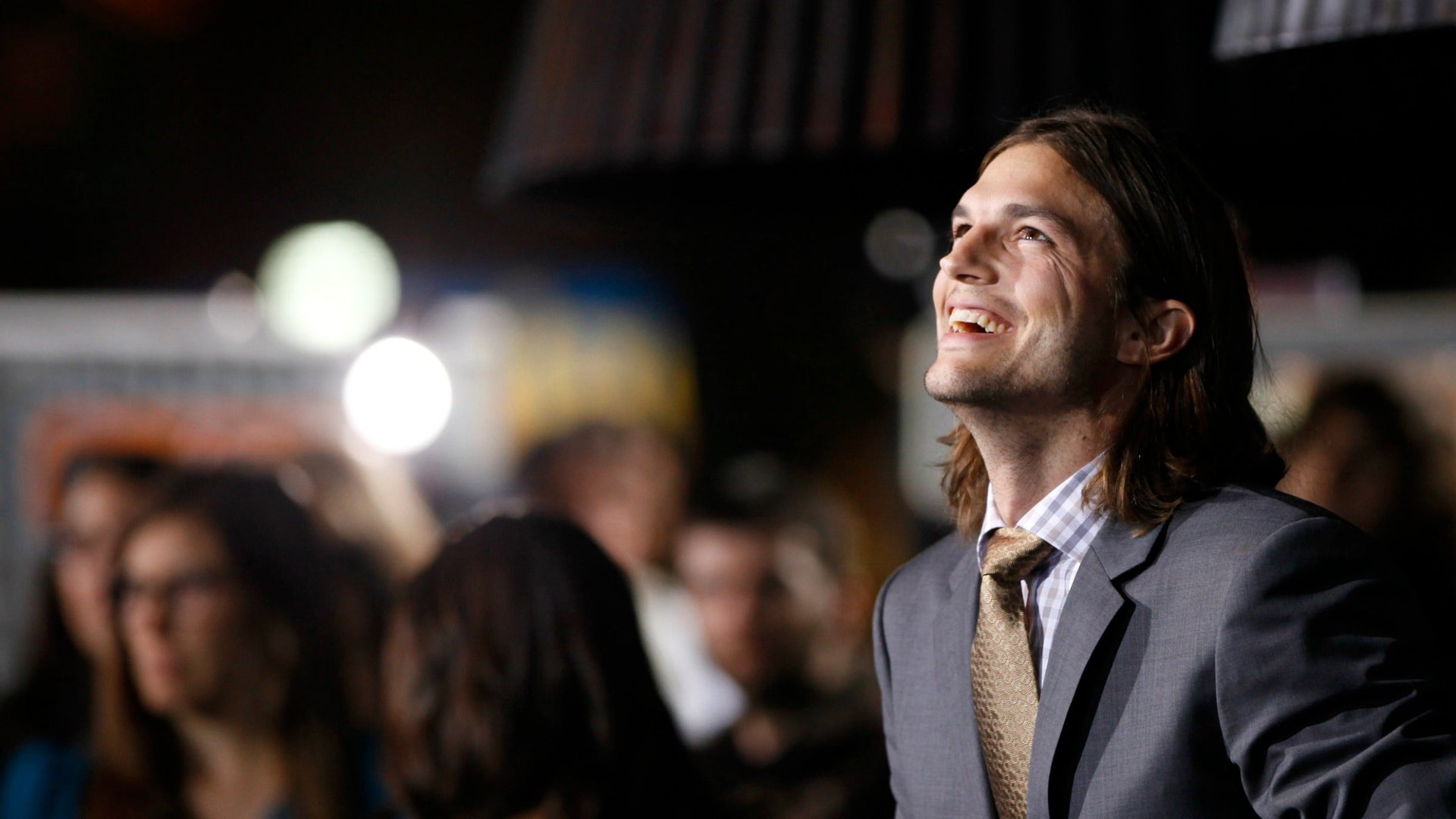A celebrity investor is no guarantee of success
Television stars, singers, and athletes are dabbling in the travel startup sector and putting their money and influence behind new brands. Whether they’re brought on as investor or brand ambassador, there’s no playbook for signing a big name nor is including one any guarantee for success.


Television stars, singers, and athletes are dabbling in the travel startup sector and putting their money and influence behind new brands. Whether they’re brought on as investor or brand ambassador, there’s no playbook for signing a big name nor is including one any guarantee for success.
William Shatner, who was better known as Captain Kirk before becoming the Priceline Negotiator, is the most well-known celebrity in the travel sphere. While he wasn’t a direct investor in Priceline, he took his payment in the form of stock, which led him to a rumored $600 million payday.
Other celebrity endorsements include Ex-NFL star Darren Goodson’s association with GuideHop, Bollywood superstar Salman Khan’s 5% percent stake and brand ambassadorship of Indian online travel agency Yatra, and Leonardo DiCaprio and Lance Armstrong’s investment in and promotion of Israeli photo-sharing startup Mobli.
Finding the stars
Ashton Kutcher is one of the busiest celebrity investors and his money almost always ends up in the right places. He’s backed travel-related startup stars such as Airbnb, Skype, Foursquare, and Hipmunk.
Hipmunk founder Adam Goldstein tells Skift that he met Kutcher at the Y Combinator Demo Day in 2010. Goldstein and co-founder Steve Huffman set up a second meeting where Kutcher came on as angel investor.
“It’s really very similar to any other angel investor. Would I say that any one investor is the reason that we’re here today? No.”
Celebrities, however, do help a startup expand its marketing reach and build brand awareness—both major factors in the early stages of a startup’s growth.
Tours and activities marketplace CanaryHop brought on Saturday Night Live star Andy Samberg as a co-founder after a meeting early in the startup’s formation, explains co-founder Damon Spiegel.
Speigel says it was “very helpful” when Samberg starred in the startup’s launch video, which now has over a half million views on YouTube.
Goldstein echoes the sentiment saying, “When we have major announcements to make, [Kutcher] will retweet it and we normally get a lot of pick up on Twitter when that happens.”
Branding synergy
Exactly who the celebrity is matters less if they’re simply funneling money into a startup, but some startups seek relationships that further their marketing efforts and branding mission.
ZOZI, an adventure and experience marketplace, immediately identified Bear Grylls as a role model personifying the startup’s mission.
“As we built out The ZOZI Guru Platform, we put together a short-list of people who personified ZOZI’s mission to help people live active lifestyles, and Bear was at the top of the list,” says CEO and founder TJ Sassani. ”Bear travels the world, inspires millions of people with each adventure, and lives life to the fullest. ”
Sassani says that ZOZI increased organic new customer acquisition rates and social engagement through creative promotions featuring Bear.
“It’s a classic rising tide lifts all boats scenario and we couldn’t be more excited have him on the team,” says Sassani.
Similarly, Postcard on the Run, an app that turns smartphone photos into physical postcards, found a brand ambassador in Selena Gomez.
The actress and singer reached out to the startup, which was in the midst of its seed round of financing, after seeing the app in iTunes. Gomez invested in the company, came on as part-time creative director, and most importantly, talked about the app to her fans.
“For us, she’s like an ambassador to a younger generation who may not have grown up with traditional photo albums or postcards around their house,” explains Postcard on the Run founder and CEO Josh Brookes.
“When Selena posts ‘something’ and ties it into a postcard initiative, the numbers go bananas! Here’s a recent post about her fans sending her postcards for her birthday.”
Brookes says that there is no form or path to follow to find a strategic partner like a celebrity. “Like so many things, never underestimate the value of good relationships and a little luck…and it goes with out saying, your product/your idea/your concept MUST be top of class.”
The real startup celebrities
Celebrity investors are not a cure-all for all startup struggles.
Social travel tool Trippy announced its $1.75 million round of funding in November 2011, which in addition to venture capital firms, included several high-profile celebrities like Randi Zuckerberg, Jason Mraz, and Rachel Zoe.
The startup’s website has been temporarily shut down since late May 2013, but Trippy founder J.R. Johnson says that the advisors have been “100 percent supportive as Trippy evolves.”
When asked in a previous interview by YoungEntrepreneur.com if having the backing of celebrities was important, Johnson replied, “For our business, I will say that having advisors is more important than celebrities. They need to be using the product and giving feedback.”
A now deceased travel startup, ByeByeNow.com, struggled after it tapped Regis Philbin as a celebrity pitchman in 2000. Two years later, the travel agent platform and resort booking tool had entered bankruptcy and sold off its parts.
Damon Spiegel, co-founder of CanaryHop, best sums up the value of celebrity investors.
He writes, “Start ups are extremely challenging and while having someone famous certainly helps, having a vision, strategy and plan are more important. Our biggest stars are our development teams which work around the clock on innovating the travel experience.”